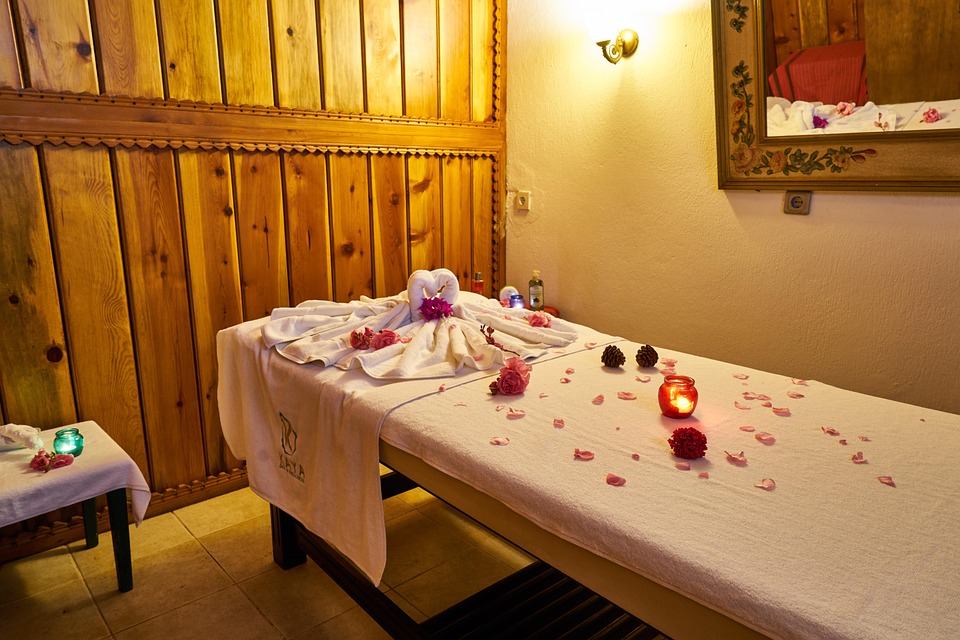Holistic health sleep isn’t just about drifting off to dreamland. It’s a deep, restorative experience that nourishes your body, mind, and spirit. When you prioritize sleep as a cornerstone of your wellness journey, you open the door to vibrant health and a happier life. Let’s unravel the secrets to achieving that elusive, restorative sleep you crave.
Contents
Why Holistic Health Sleep Matters
Sleep is not a luxury; it’s a necessity. Think of it as your body’s natural reset button. Quality sleep boosts your immune system, enhances cognitive function, and improves emotional well-being. It’s the bedrock of holistic health.
When you skimp on sleep, your body pays the price. You might feel irritable, unfocused, or even physically unwell. By embracing holistic health sleep, you’re not just investing in a nightly routine; you’re investing in yourself.
The 7 Secrets to Achieving Holistic Health Sleep
1. Create a Sleep Sanctuary
Your bedroom should be a haven for rest. Here’s how to transform it:
- Comfortable Bedding: Invest in a quality mattress and pillows that support your body.
- Optimal Temperature: Keep your room cool. Around 60-67°F (15-19°C) is ideal.
- Minimal Distractions: Eliminate noise and light. Consider blackout curtains and white noise machines.
By crafting a serene sleep environment, you signal to your body that it’s time to unwind.
2. Establish a Consistent Sleep Schedule
Your body thrives on routine. Going to bed and waking up at the same time daily reinforces your internal clock. Aim for 7-9 hours of sleep each night. Here’s how to stick to your schedule:
- Limit Naps: If you nap, keep it short (20-30 minutes) and early in the day.
- Wind Down: Create a pre-sleep ritual. This could be reading, meditating, or gentle stretching.
Consistency is key. Your body will thank you with deeper, more restorative sleep.
3. Mind Your Diet
What you eat plays a significant role in your sleep quality. Certain foods can either enhance or hinder your ability to catch those Z’s.
- Sleep-Inducing Foods: Incorporate foods rich in magnesium and tryptophan, like almonds, bananas, and turkey.
- Avoid Stimulants: Steer clear of caffeine and sugar, especially in the afternoon and evening.
- Hydration: Stay hydrated, but limit fluids close to bedtime to prevent nighttime awakenings.
A balanced diet can pave the way for a peaceful night’s rest.
4. Manage Stress Effectively
Stress is the enemy of sleep. When your mind races with worries, it’s tough to drift off. Here are some techniques to calm your thoughts:
- Meditation and Mindfulness: Spend a few minutes daily practicing mindfulness. Apps like Headspace or Calm can guide you.
- Breathing Exercises: Deep, diaphragmatic breathing can reduce anxiety and promote relaxation.
- Journaling: Write down your thoughts before bed to clear your mind.
By addressing stress, you’ll find it easier to slip into slumber.
5. Embrace Natural Light
Natural light regulates your circadian rhythm, helping your body know when it’s time to sleep. Here’s how to harness its power:
- Morning Sun: Spend at least 15-30 minutes outdoors each morning.
- Limit Blue Light: Reduce exposure to screens (phones, TVs, computers) at least an hour before bed.
Your body will respond to natural light cues, promoting better sleep cycles.
6. Exercise Regularly
Physical activity is a game-changer for sleep quality. Regular exercise helps you fall asleep faster and enjoy deeper sleep. Here’s how to incorporate it into your life:
- Aim for Consistency: Try to exercise for at least 30 minutes most days of the week.
- Timing Matters: While morning workouts can energize you, evening exercise might be too stimulating. Find what works best for you.
Exercise is not just about fitness; it’s about fostering holistic health sleep.
7. Seek Professional Guidance
Sometimes, you may need extra support to achieve holistic health sleep. If you’re experiencing chronic insomnia or other sleep disorders, don’t hesitate to consult a healthcare professional. They can provide insight and recommend tailored solutions that might include:
- Cognitive Behavioral Therapy for Insomnia (CBT-I): A structured program that helps you identify and replace thoughts and behaviors that cause or worsen sleep problems.
- Sleep Studies: These can diagnose underlying sleep disorders.
Getting expert help can be a game-changer on your journey to restorative sleep.
Conclusion: Your Path to Holistic Health Sleep
Achieving holistic health sleep is a journey, not a sprint. It requires commitment, but the rewards are priceless. You’ll wake up refreshed, energized, and ready to tackle whatever life throws your way.
Bottom Line: Prioritize your sleep as an essential part of your wellness journey. Implement these secrets, and watch your health transform. Ready to reclaim your nights? Start tonight!
FAQ
Q: How long does it take to see improvements in sleep after making changes?
A: Most people notice changes within a few weeks of establishing a consistent sleep routine and improving their sleep environment.
Q: Can supplements help with sleep?
A: Some supplements, like melatonin or magnesium, may aid sleep. However, consult with a healthcare professional before starting any new supplement.
Q: What if I wake up during the night?
A: If you wake up, avoid looking at screens. Instead, try deep breathing or visualization techniques to help you drift back to sleep.
Your journey to holistic health sleep begins now. Embrace these secrets, and let the healing power of restful sleep transform your life.
Get Your FREE Natural Health Guide!
Subscribe now and receive our exclusive ebook packed with natural health tips, practical wellness advice, and easy lifestyle changes, delivered straight to your inbox.




